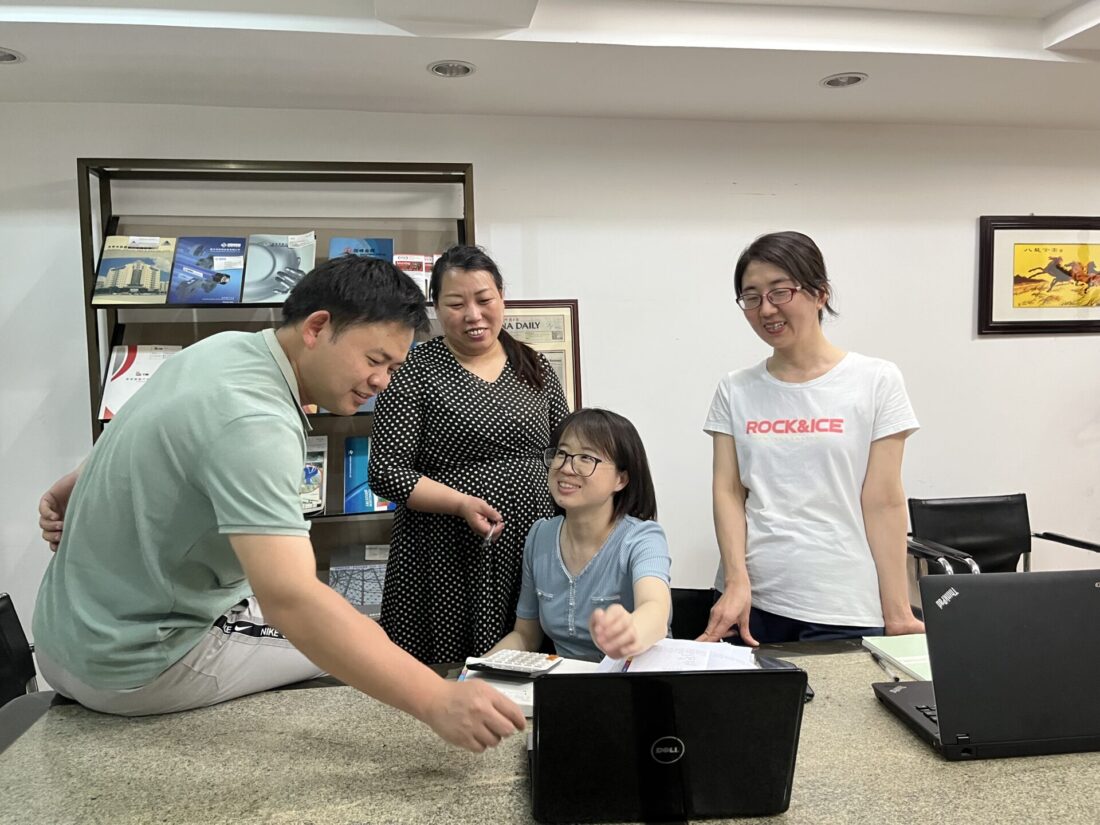Opening Your Own Sourcing Office: What does it take?
October 2, 2025

CPG Beijing Team members from left to right: Hank Hong, Quality Control Engineer; Aurora Zhai, Sourcing Specialist; Lisa Zhang, Sourcing Specialist; Zoe Li, Sourcing Specialist. See more of CPG’s China team.
It goes without saying – when you buy direct from China, you must have an excellent support system. Many companies secure this support by hiring a China sourcing agent or a China sourcing company. But for some companies, opening their own sourcing office makes the most sense. This requires an investment of time, money, and other resources.
Opening an office is a great solution if you have enough buying volume to justify it, and it is especially rewarding when you think of all the things your sourcing team can do to improve your bottom line. That, in fact, is what large importers do.
The main factors you should take into account when opening your own China sourcing office are time; money; management; travel and expertise:
- Time: “Time is more valuable than money. You can get more money, but you cannot get more time.” Jim Rohn. It takes a large amount of time to set up and develop your own sourcing office. You need to:
a. Register the office with the authorities
b. Find and rent office space
c. Hire a team of qualified individuals
d. Ensure the office is set up properly – i.e. set up furniture, phone, and internet
e. Etc.
- Money: When you budget for all of the above, you are looking at a minimum of $500,000 per year. Assuming you allow for 5% sourcing costs, this means you will need to import at least $10 million through your sourcing office to justify such an expense.
- Management: The management burden of running such an office from abroad stays with you. Having good communications and the right people in the right seats helps deliver a well-run China sourcing office.
- Travel: Managing a separate office on the other side of the world will require considerable travel, especially in the beginning. Annual travel must be factored into the cost of owning the office, and this is not a cheap cost.
- Expertise: Your executives will need to have a mastery of China supply chain management. But the staff may need to possess other expertise such as:
a. Product knowledge
b. Logistics
c. Quality Assurance
d. Understanding of:
– Intellectual Property Rights (IPR)
– Foreign currency conversions
– VAT, and other taxes
– Trade settlements
– Regulations affecting supply chain management in China and foreign businesses
A good sourcing office can take your supply chain to the next level, allowing you to be “best in class” in terms of cost, quality, and delivery and allowing you to distance yourself from your competition, maximize profits, and expand your horizons. Are you interested in doing that? Have you invested in your own China sourcing office? And if so, did the returns justify the investment?
Editor’s Note: This blog was originally published in 2021.
